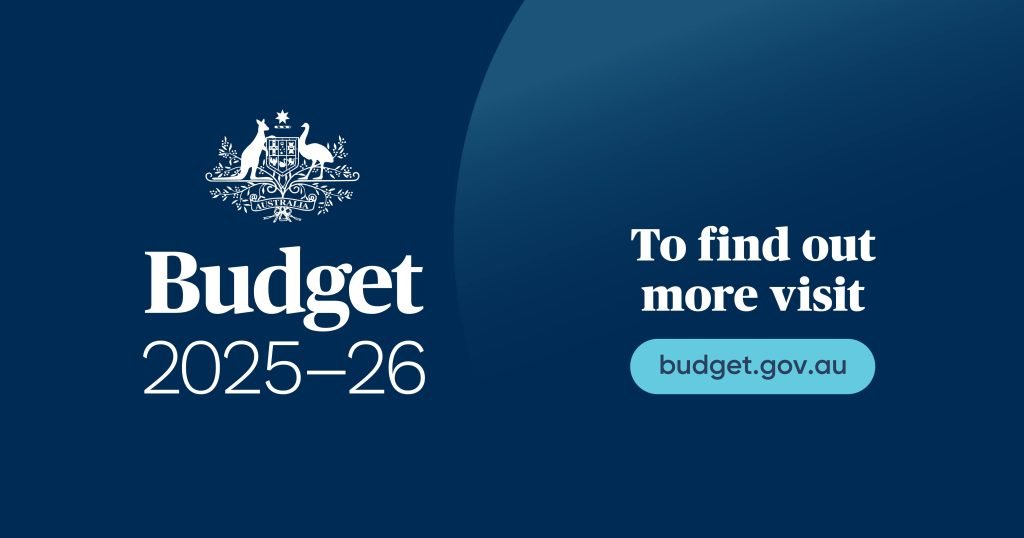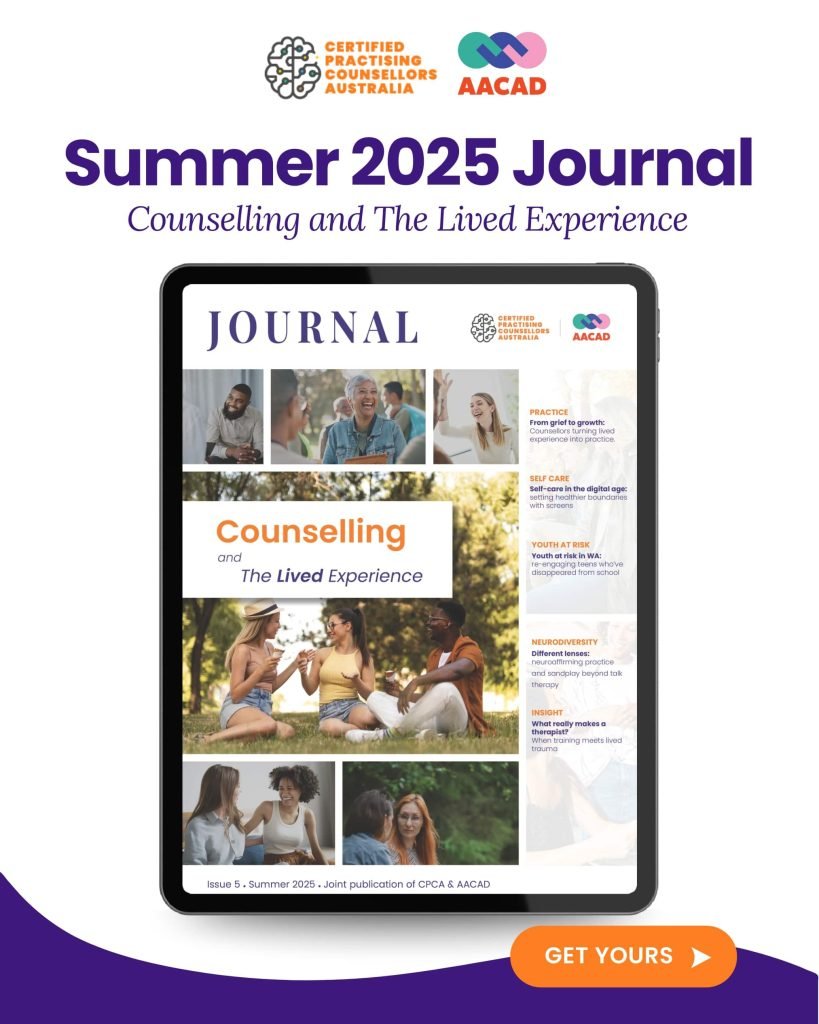
As a counsellor, it won’t be unusual to encounter disruptions and barriers to counselling clients. Part of the job is navigating through these obstacles with clients. These can come from the clients themselves or from external sources, such as family members or environmental factors. Being aware of the situations where these instances can occur will mean you are prepared to deal with them.
Psychological barriers
As they cannot be seen, psychological obstacles can be difficult to recognise. Admitting there is a problem when there are no physical symptoms can go against preconditioned beliefs on what a health problem is. An individual’s cultural values can also be an obstacle to engage with counselling, being viewed as a loss of face or source of shame in some cultures. The client must understand there is nothing wrong with getting help from a professional and mental health issues are not signs of weakness. They have often been stigmatised, ignored, or prioritised lower in the face of physical daily needs and routines that appear to have more urgency.
Other factors that may need to be overcome include fear of the unknown, fear of emotion, taking ownership of the problem or unwillingness to participate in a process going beyond taking medication. An individual may also believe this is part of who they are or has had a bad previous experience with counselling and as a result, does not place value on it and in their own ability to heal.
Physical barriers
These include:
- Disabilities
- Living in remote areas
- Reliable transport
- An uncomfortable environment, e.g., noisy, too cold, too dark, claustrophobic
There are alternative counselling options to take so these barriers can be overcome. It could be made possible to provide counselling services via telephone or through a specialist rural program for those in remote areas. If someone has a hearing or speech difficulty, additional equipment can be used to enable participation. In situations of severe disability, art, music, or animal-based therapy can be provided to get positive results. Everyone must be given the same rights to receive counselling services and overcoming physical barriers must not be unachievable, with multi-sensory ways available to build a connection and promote wellbeing.
Economic barriers
Costs may prevent individuals from seeking counselling, they may not have the finances or are unable to justify the money when there is no obvious return. You can discuss the costs of an individual’s issues as they stand and advise them that they can get assistance through their GP and Medicare funding (Better Access to Mental Health Scheme), if they are found eligible. More emphasis has been put on mental health by the Australian Government and mental health services are becoming more accessible for those on low incomes.
Notice that many of these barriers exist because of an initial attitude to counselling. You will need to help people change their mindsets, so they learn how this is an investment in their wellbeing and potential for future success.



